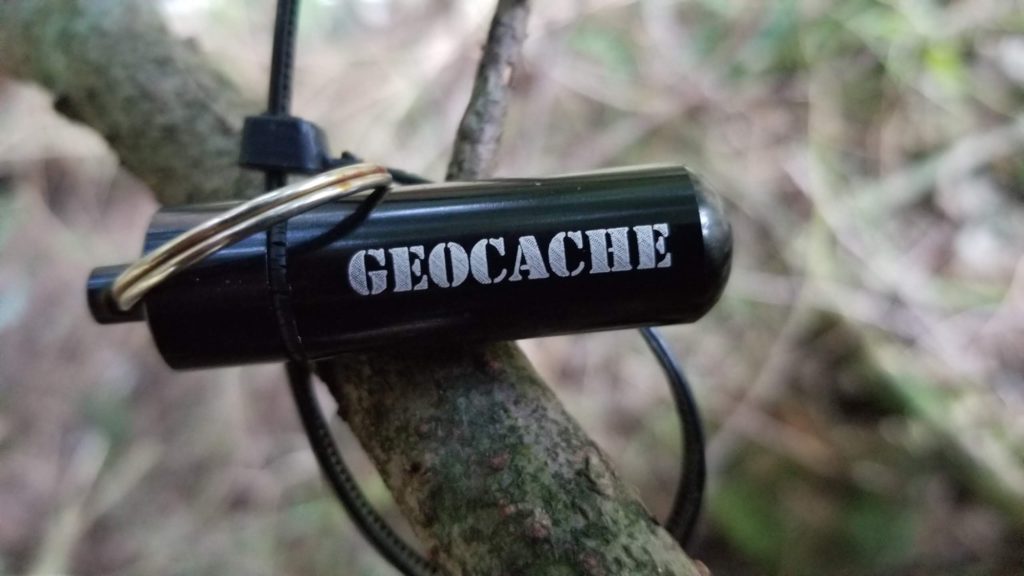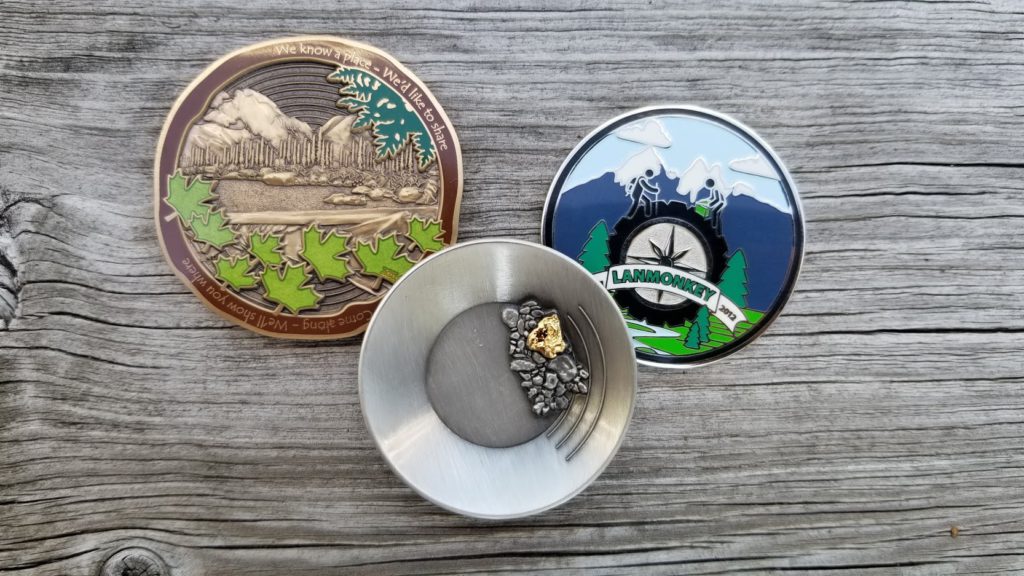The game of geocaching has many unwritten (and written!) rules and etiquette, used slightly differently in different parts of the world. But what are the universal constants of respectful geocaching that preserve the integrity of the game and respect fellow treasure hunters?
Some are obvious to those of us who’ve played the game long enough – replace the geocache as found, sign the log, trade fairly for anything you take out of the geocache – but are there other etiquette and rules that should be considered as well?
For your consideration, good readers, I present three more that I’ve noticed are “less universal” but are all important to maintaining the quality of game play for all.
Spoilers
Whether it’s a photo attached to a log, detailed description of the hide in your log, or posting/sharing the hide (in a manner that “gives it away”) on social media, spoiling a geocache hide is always a topic of hot concern. In my own experience, most geocachers want the thrill of the hunt. That’s why they play the game (note, I said most). So giving away more than the cache owner wishes to share is problematic behavior.
As a Geocaching content creator, I endeavor to get permission from cache owners before I share anything that might spoil the experience for others. That is not always possible, so at times I’ll simply not say at all what geocache it is. What I’ve found however is that most cache owners are delighted to share the hide, and if the content doesn’t give things away (like how to actually solve a field puzzle) but instead focuses on the quality of the hide or the beauty of the location, they’re quite pleased to have their geocache shared.

Logging DNFs
We all know this is a bit of a bugbear for HQ. They’ve lately been making efforts to promote the value of logging a DNF. But there are still some geocachers who don’t want that perceived black mark against their ability to find everything they search for. I’ve also seen cache owners who will go so far as to delete legitimate DNF logs against their caches, because they feel it in some way lessens the quality of their hide, or their account as a CO.
I think most of us know the value of a DNF though. It is the first flag for a cache owner that there may be a true issue with their hide. But if the D (difficulty) level is up on the cache, logging DNF’s is normal and natural (it’s harder to find, ergo fewer cachers might find it) and won’t actually trigger reviewer attention until a much higher threshold of DNFs than a lower Difficulty rating hide.
So show your DNF pride, as HQ might say, and log the DNF when you gave it a good try but came up empty handed. It happens to all of us.
Grabbing Trackables
OK, so this is a Jay pet-peeve. There is no question that if you physically have a trackable (TB) in your hand, you should have it in your Geocaching profile inventory. But surprisingly often – especially when traveling – I find that I will drop a trackable in a cache and before I have a chance to get home (often just the next day) someone will have also visited the cache, picked up the trackable, noted that it isn’t in the geocache inventory and “grab” it from us before we have a chance to log it into the cache.
My best guess is that this behaviour stems from the “do everything online right now” tendencies of those who only ever have cached by phone app, and never used a GPSr and off-line logging. But it is very frustrating because it prevents the person who dropped off the geocaching trackable from being able to show the distance it covered, and the segment of it’s mission that you participated in.

Better etiquette, in my own opinion, is if you pick up a TB and it shows in the hands of another player, give it a day or two (do you really need to drop it off in another cache the same day?) and if there’s no updates, message the user still “holding” it electronically. Let them know you’ve picked it up, and ask politely when they might be able to log it into the geocache. Sometimes people just forget. Sometimes people are traveling and haven’t had a chance to log. Most times, in our experiences, using this gentler approach results in a quick turn around.
So there are three things I’d suggest should be considered by all players, universally, that would over-all improve the experience of the Geocaching game for everyone.
What are your thoughts on this? Do you have Geocaching etiquette pet peeves? Do you have different opinions on those three above? We’d love to hear your feedback on this topic by leaving a comment below!


